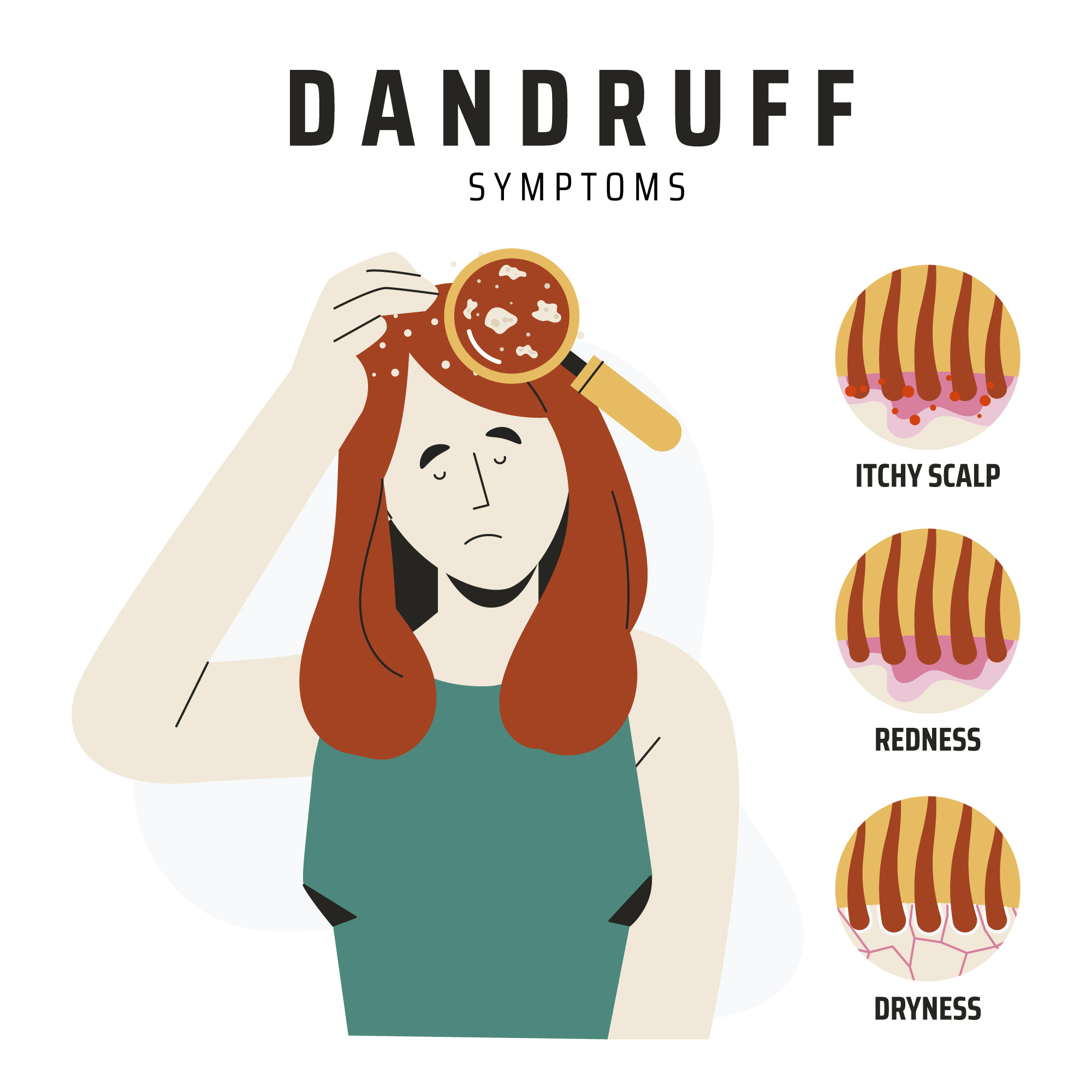Treatments Skin and hair conditions Dandruff

Banishing Dandruff: Unveiling the Secrets to a Flake-Free Scalp
Dandruff is a common scalp condition that affects people of all ages and genders. It is characterized by the shedding of dead skin cells from the scalp, which can be embarrassing and often leads to itchiness and discomfort. Dandruff can be a persistent and bothersome condition, but with the right approach, it can be effectively managed. Understanding the causes and taking appropriate preventive measures is crucial in maintaining a healthy scalp.
Dandruff is a common scalp condition that affects people of all ages and genders. It is characterized by the shedding of dead skin cells from the scalp, which can be embarrassing and often leads to itchiness and discomfort. In this article, we will delve into the causes of dandruff, available treatments, and preventive measures to keep your scalp healthy and dandruff-free.
Causes of Dandruff
Treatment Options
Prevention Tips
Conclusion:
Dandruff can be a persistent and bothersome condition, but with the right approach, it can be effectively managed. Understanding the causes and taking appropriate preventive measures is crucial in maintaining a healthy scalp. Remember, if your symptoms persist or worsen, it is advisable to seek professional advice from DR. SINGH’S HOMEOPATHY we can guide you in finding the best solution for your specific needs.

